By John Drury
Special to The Current
The works of one nineteenth century man pretty well defined the origin, growth, and importance of Mauch Chunk on a national scale.
Josiah White, “Prince of Pioneers”, created an industrial outpost in a foreboding wilderness – a wilderness containing a stone on which was founded the transportation, the industry, and the commerce of the country. White was out to prove that this largely agrarian nation, dependent on manufactured goods from Europe, was capable of developing its own energy resources, as well as designing and constructing the tools of manufacturing. He did just that in his “incubator” called Mauch Chunk.
His Switchback Gravity Railroad was designed to deliver coal from its source in Summit Hill 9 miles to the port in Mauch Chunk. His “bear-trap” lock system in the Lehigh River was a temporary expedient to overcome shallow, unnavigable water while the Lehigh Canal was being constructed. His canal system from Mauch Chunk to Easton operated for more than 100 years. These tremendous engineering marvels met White’s Lehigh Coal & Navigation Company transportation needs in the first half of the 19th century.
White felt that now that the nation had achieved political freedom, an economic foundation for that freedom was necessary. He saw himself as a patriot and believed that, in serving himself as did other industrial pioneers, he was working for the best interests of the nation.
Developing efficient transportation systems to deliver anthracite coal to market was the key to financial success for White. His “paternal utopia” almost guaranteed absence of labor unrest. “If dissatisfaction arose, a man came to Mr. White. What was reasonable was granted. Nearly 1,000 men were either in the mines, on the canal, or in the forests. Every man knew he had the right to be considered and treated as a thinking, teachable human being, not a machine.”
“Every co-worker had the right to medical care from the same doctor that had treated the managers’ families. He had the right to enjoy education, without cost, to develop his gifts by learning.” Family background, race, and religion were not factors in White’s selection of employees. The phrase “Just do the job you were trained for, work hard, and you will be amply rewarded” was the theme behind White’s business philosophy.
White’s Quaker background and devout adherence to its principles were absolutely at play in his dealings with all people. We note that in 1831, 34 years before the Emancipation Proclamation (and only 13 years after Mauch Chunk’s founding), 14 former slaves lived as free people in the town.
During the year of his death in 1850, Josiah White and his daughters traveled to Richmond, Indiana to attend the Friend’s yearly meeting. In his will, he drafted and funded a plan to help “the most deserving children”. His bequest founded what would become White’s Residential Family Services. From its founding in 1850, White’s has grown into Indiana’s largest non-profit social service agency providing residential assistance, foster care, emergency shelter, home-based services, and adoptions for troubled youth of all backgrounds.
The history of Mauch Chunk is as much the history of ideas that developed from the vision of a 19th century man as it is the history of people and buildings.
“People pass through life, and but for a few exceptions, are soon forgotten. Man’s creations of brick and stone sooner or later follow. Ideas – those ethereal, intangible products of the mind – are at once the most fragile, yet the most enduring of man’s creations.” The ideas of Josiah White in particular were responsible for the early economic development of our nation.
Regardless of whatever physical forms later generations have imposed on his town, whatever changes were made on it by history, or how many bleak chapters the story contains – Josiah’s visions endure.
We honor his memory by preserving and interpreting the remaining evidence of his creations and passing along his stories to present and future generations.
John Drury is Founder and President of The Mauch Chunk Museum & Cultural Center www.mauchchunkmcc.org
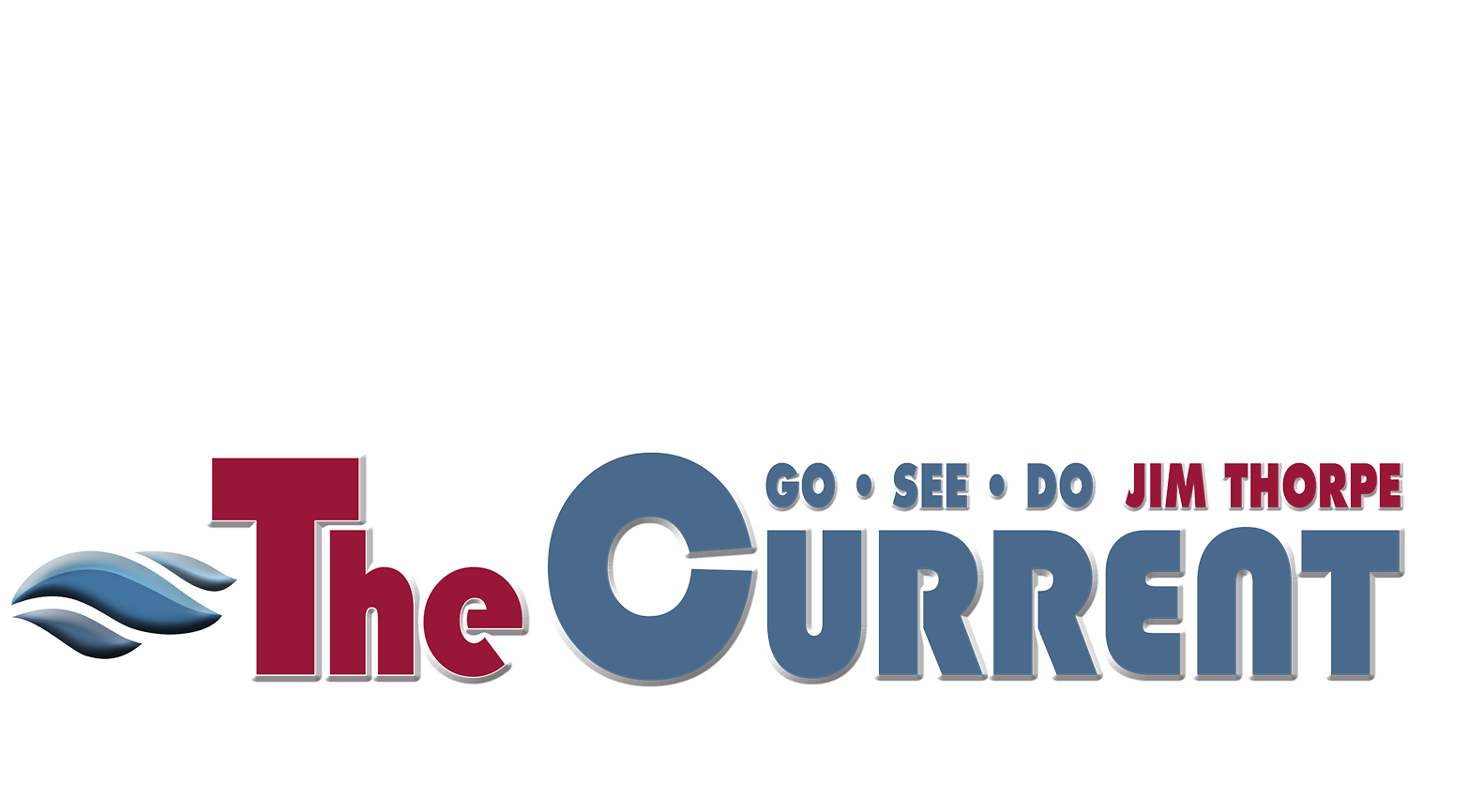




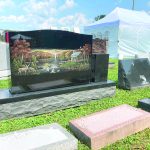
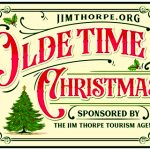

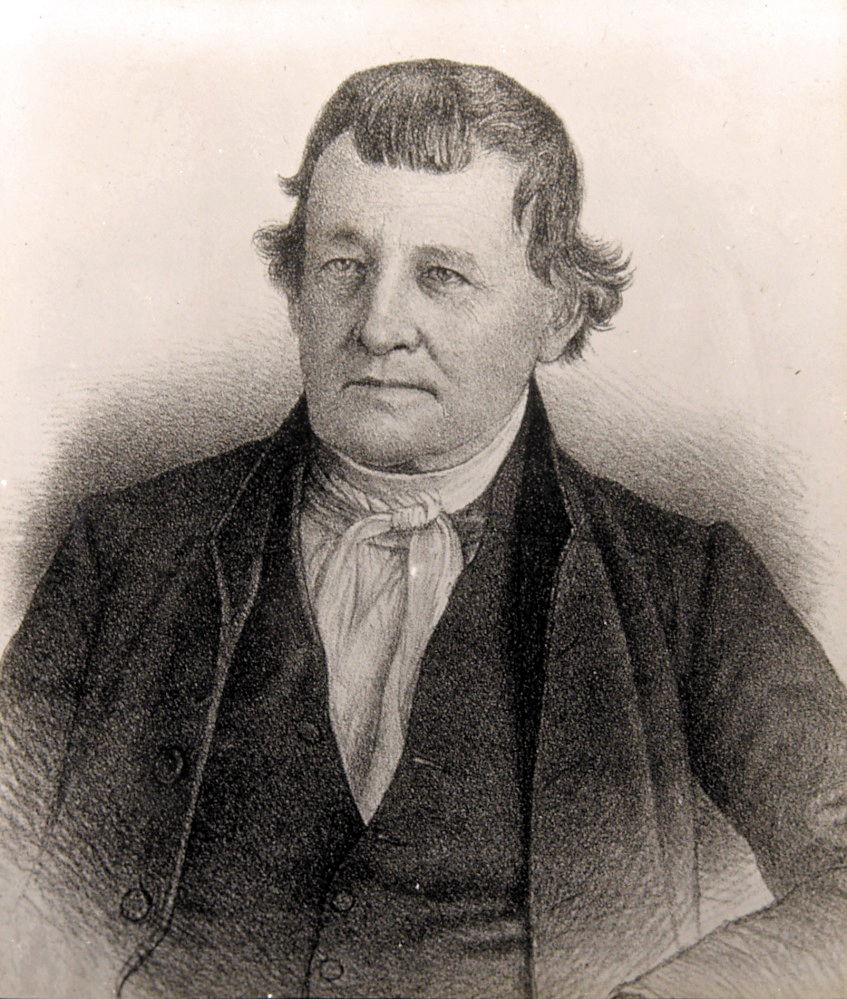


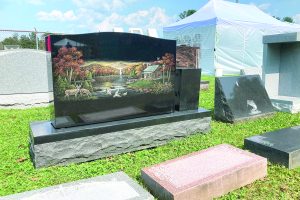
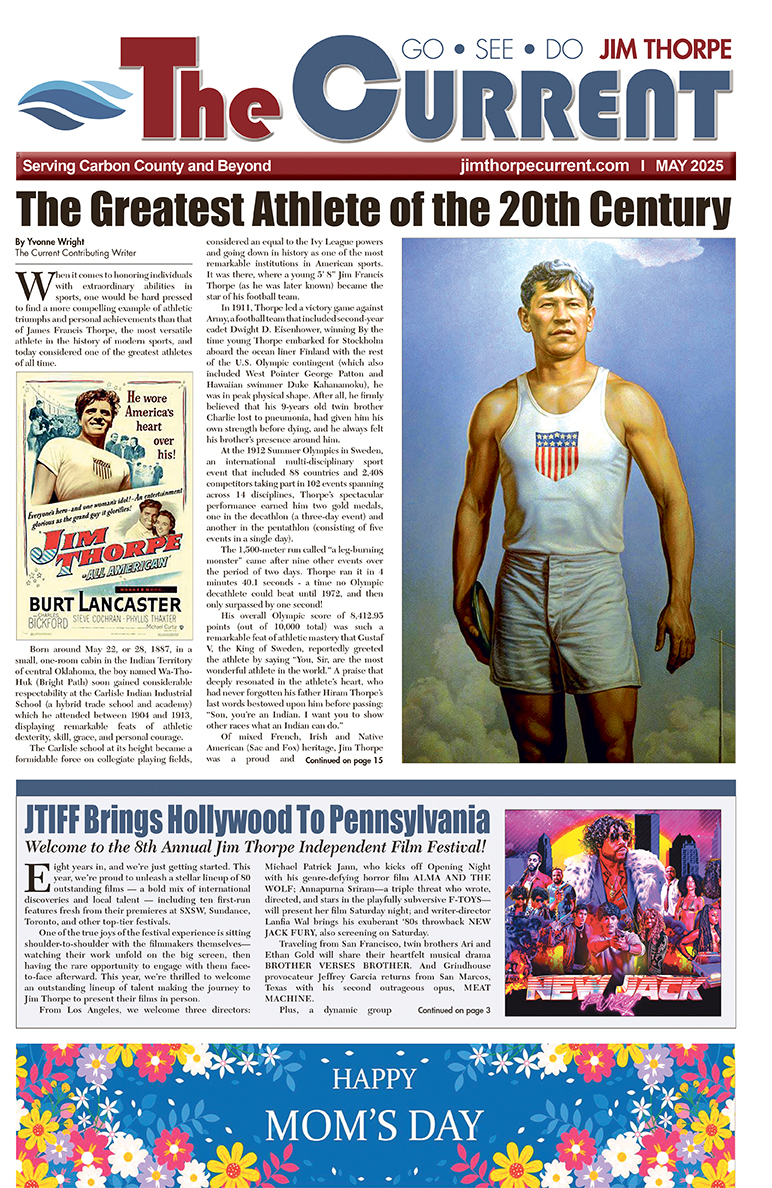
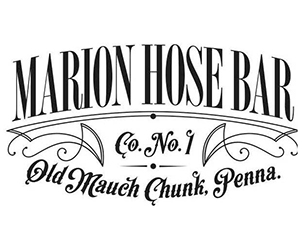
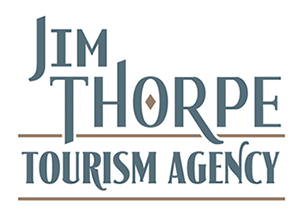
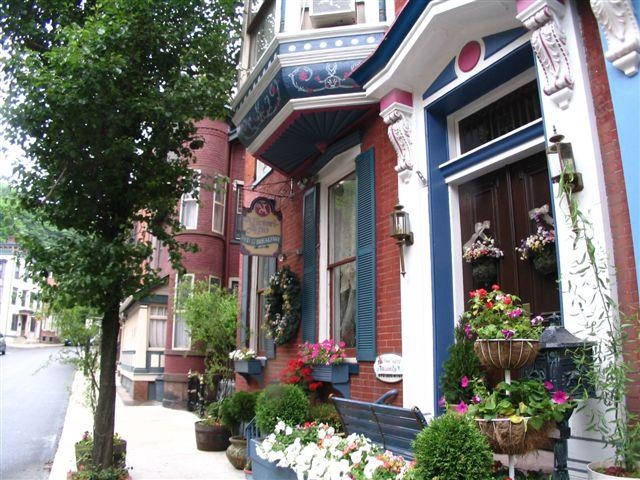










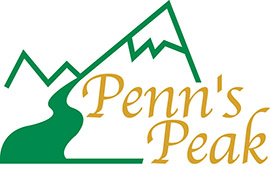
Add Comment